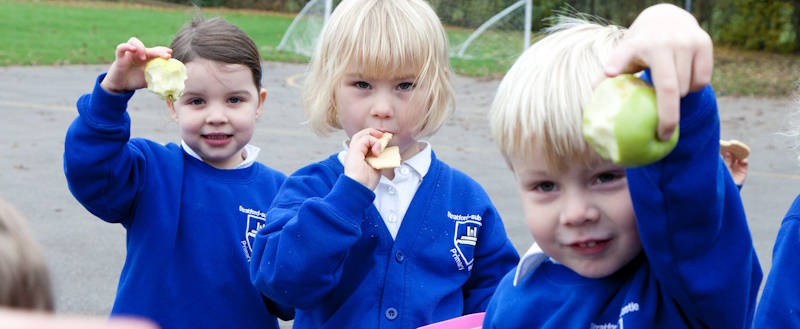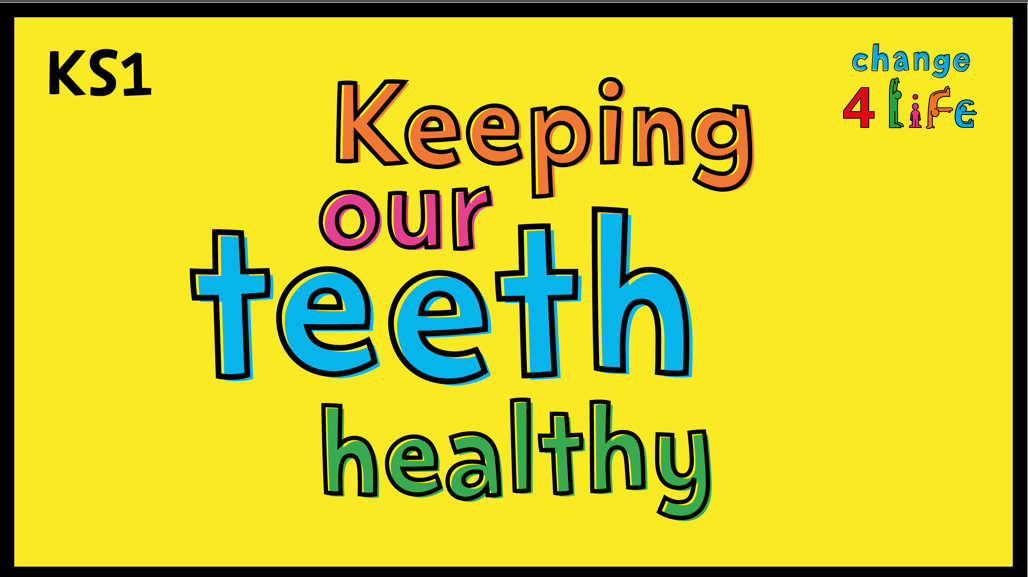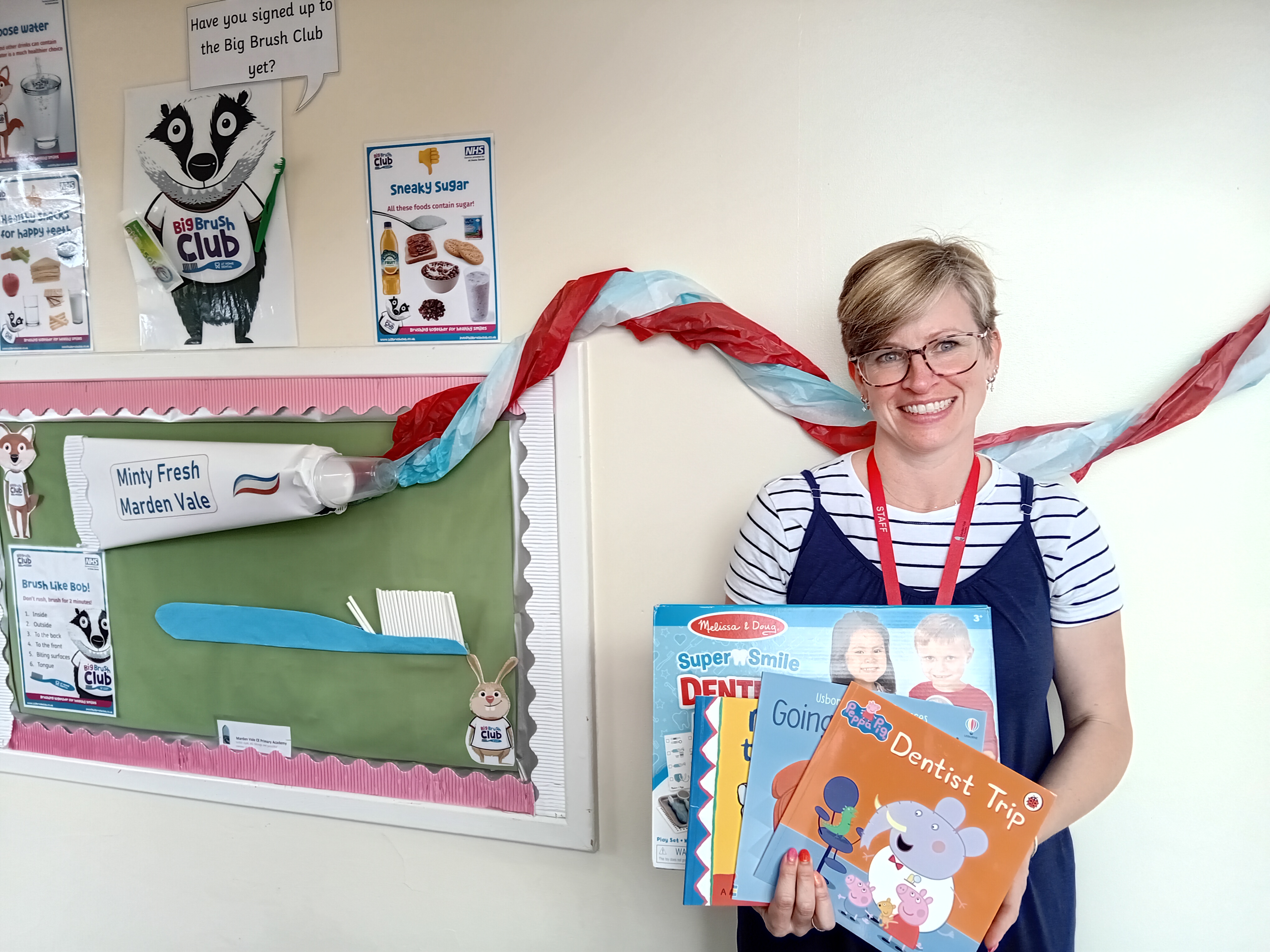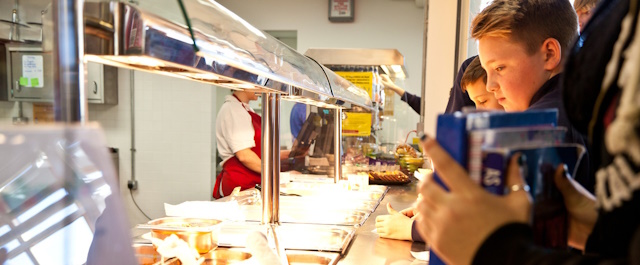Oral Health
Tooth decay is often caused by having too much sugary food and drink and not cleaning your teeth and gums. Tooth decay is very common in children, affecting a quarter of 5 year olds, and one-third of young people aged 12-15 years, increasing to nearly half of young people living in areas of poverty.
Young people with tooth decay often complain of toothache, loss of sleep and problems eating — which can impact on their overall physical health and mental wellbeing, as well as increasing school absences.
Tooth decay, in most cases, can be prevented when children are motivated to improve their oral hygiene and snack options.
A number of Wiltshire Healthy Schools have sucessfully increased the number of students brushing their teeth twice a day.

Contact
If you would like to discuss any resources or support for your school around oral health, please contact Isabel.schilizzi@wiltshire.gov.uk
Secondary school packs
Access the free lesson packs: BRIGHT dental health lesson pack (pshe-association.org.uk)
This lesson pack for KS3 students aims to develop understanding and knowledge about the importance of tooth brushing with fluoride toothpaste as a method to prevent dental caries.
Primary school resources
Change 4 Life PowerPoint lesson plans for KS1
Change 4 Life PowerPoint lesson plans for KS2

Some additional activities from the BRUSH project
Lesson plans and activities from Oral Health Foundation
Workbooks from the Community Dental Service:
Key Stage 1
Workbook: Dental health workbook 1 (year 2)
Key Stage 2 (Years 3 & 4)
Workbook: Dental health workbook 2 (year 3/4)
Key Stage 2 (Years 5 & 6)
Dental health workbook 3 (year 5/6)
Resources for Early Years Settings
Supervised Toothbrushing in primary schools (from 2024)
A Supervised Toothbrushing scheme is being offered to Wiltshire schools in parts of the county where children are at higher risk of tooth decay, as part of a NHS England commissioned programme across the South West, delivered by The Big Brush Club.

Marden Vale recieving their prize for wining the Big Brush Club display board competition (Sept 2024)
Tooth decay is the most common reason for hospital admission for young children, and this is largely preventable. In 2022, 60,000 school days were missed due to tooth extractions and 1 in 5 children aged 3-5 in England experienced tooth decay. Tooth decay in children most often leads to fillings, replacement fillings, root canal work, extractions and a lifetime of dental problems.
The Supervised Toothbrushing scheme helps tackle this problem by promoting oral health in educational settings and equipping teaching staff to carry out daily toothbrushing sessions from within the classroom.
The programme is designed to be:
- Simple – taking no more than two to five minutes a day, with all kit provided
- Effective – giving children the vital protection of fluoride at a crucial age
- Potentially life-changing – saving children from a lifetime of dental problems.
Every participating school will receive all the support, training and stock needed from The Big Brush Club. This includes racks to store the toothbrushes (they are wall mountable if needed), a new toothbrush for each child every term, toothpaste and a pack for children to take home with toothbrush and toothpaste.
In the South West, the scheme is rolling out for schools within IMD (Index of Multiple Deprivation) 1-6 for children aged 3 to 5 years. If a school has a preschool/nursery, the scheme is being offered to them and the Reception class. If a school does not have a preschool or nursery, it is being offered to Reception and Year 1.
Eligible schools are contacted by The Big Brush Club and we would encourage you to please support the scheme at your school and encourage parental consent for eligible children to take part.
To discuss the scheme or for any questions please email the Wiltshire facilitator Jermaine: jermaine@bigbrushclub.co.uk.
More information can be found on the Big Brush Club website: https://bigbrushclub.co.uk/schools/ and social media: Facebook, Instagram and Twitter.


